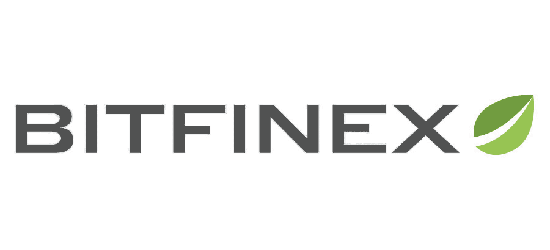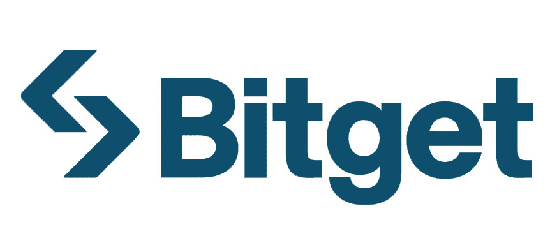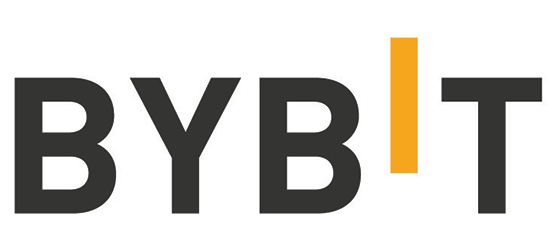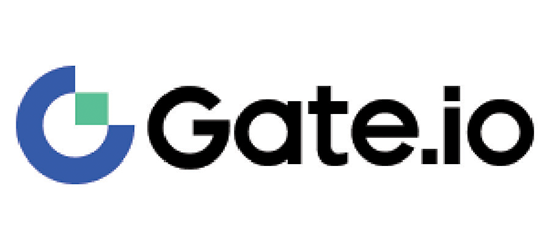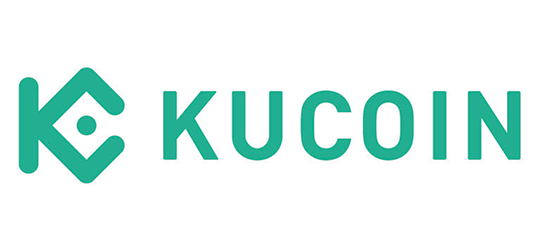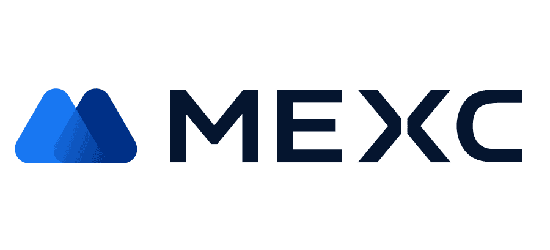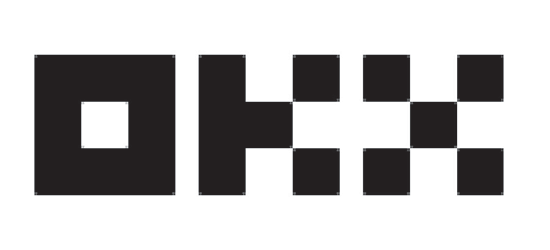Circle will bring USDC's tap-to-pay payment feature to the iPhone
Circle's CEO, Jeremy Allaire, hinted at the imminent arrival of tap-to-pay functionality for iPhone users through Circle's USDC stablecoin, a development made possible by Apple's latest move to grant third-party developers access to the iPhone's NFC payment features.
Allaire stated that Circle does not have a direct partnership with Apple, nor is this initiative linked to Apple Pay. He explained that Apple's decision to liberalize NFC access paves the way for Web3 and cryptocurrency wallets to utilize NFC for transactions.
This advancement means the potential for an iOS wallet that supports USDC to "facilitate a user experience where a tap allows a recipient device (such as a Point-of-Sale system or another iOS device) to receive transaction details," with the transaction being confirmed by the iPhone wallet app using FaceID, followed by a blockchain transaction to process the USDC payment.
Allaire further explored the implications of this, stating that this will carve out a robust channel for direct merchant payments via USDC and also open possibilities for NFTs as tickets, certificates, other stablecoins like the EURC, and more.
After sustained urging from regulatory bodies, including a notable push from the European Union advocating for increased competition in the market, Apple has finally caved, offering up its NFC chip for third-party use.
Previously staunch in its resistance due to privacy concerns, Apple has, until now, limited NFC functionality to its own Apple Wallet and Apple Pay services.
With the anticipated iOS 18.1 update this fall, third-party developers will for the first time gain the ability to integrate with the iPhone's NFC chip.
However, accessing Apple's NFC capabilities comes with significant prerequisites for third parties, including entering commercial agreements with Apple and adhering to undisclosed fees.
Apple has also laid down strict criteria for partnership, accepting only authorized developers that comply with specific industry standards and regulatory mandates, alongside commitment to Apple's security and privacy guidelines.
Initially, these newly allowed third-party integrations will be restricted to users in Australia, Brazil, Canada, Japan, New Zealand, the UK, and the U.S.











